The university is a member of the following projects:
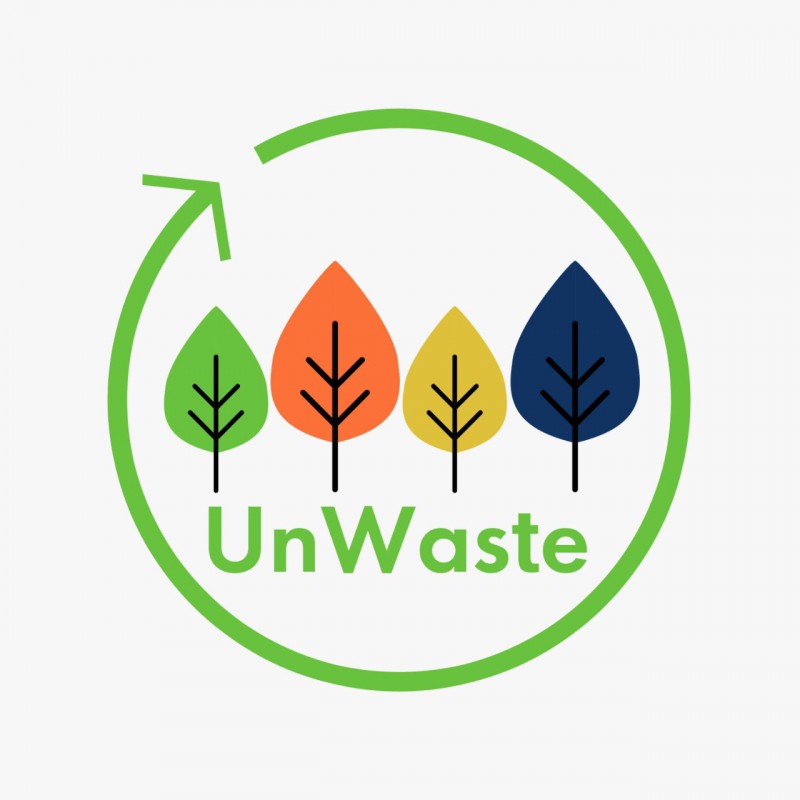 |
Un-Waste project - development of a closed-loop economy in partner countries through the development and implementation of the Master's program" Waste Management "/ Un Waste" The aim of the project is to develop a joint interdisciplinary master's program "Waste Management" in order to raise awareness of the circular economy using the experience of European universities.
|
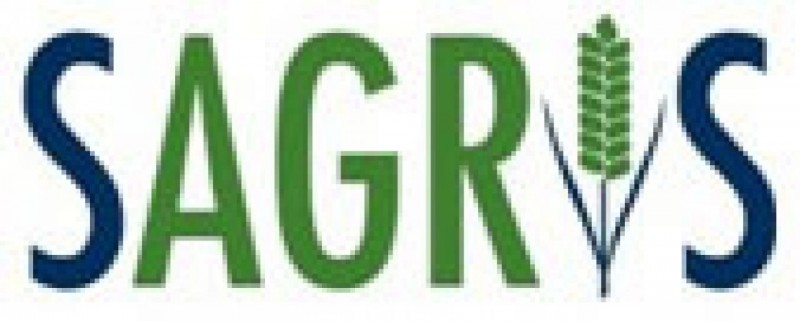 |
Improving postgraduate education in the field of sustainable agriculture and the agro-system of the future. The project is aimed at solving problems in the field of training scientific and pedagogical personnel in accordance with international quality standards and aims to increase the level of knowledge in the field of topics of national, interregional and international importance-sustainable agriculture and the future agro - system.
|
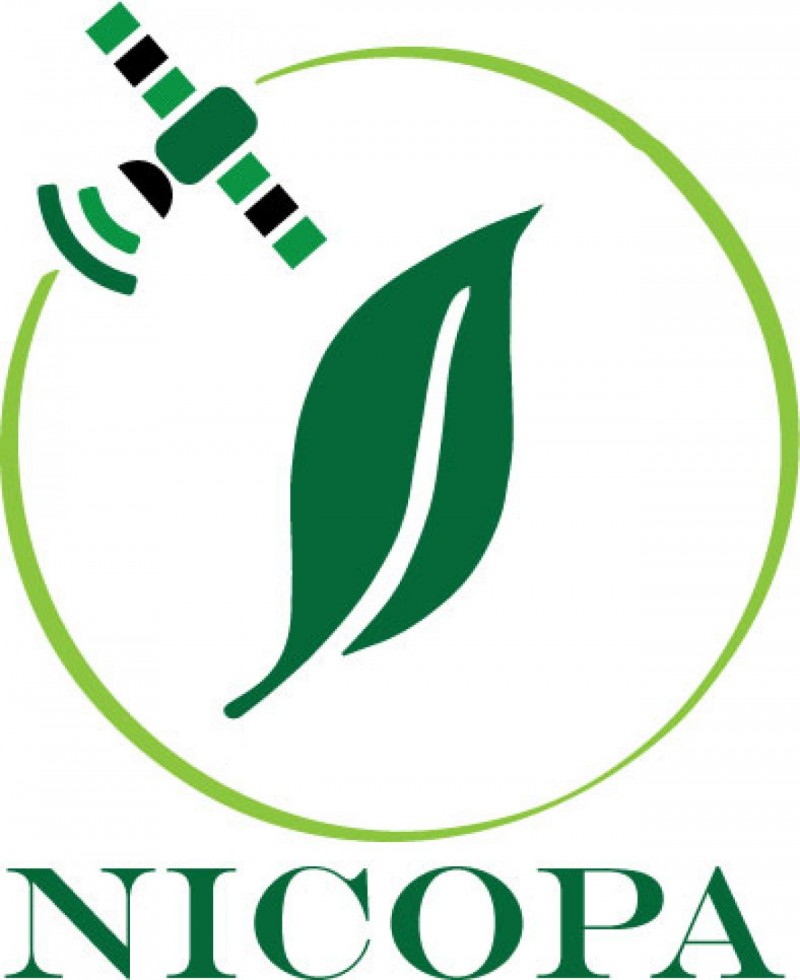 |
NICOPA aims to modernize curricula in the field of precision agriculture using new technologies such as Geographic Information Systems/GIS, big data, remote sensing – by analyzing and updating educational programs in accordance with the needs of the education sector; developing new certified educational programs in accordance with the requirements of the labor market and the Bologna Process in accordance with new achievements; sending innovative curricula and the dissemination of results for testing. The NICoPA consortium consists of 16 partners and 4 Associated partners with the necessary experience, educational skills and business contacts. |
|
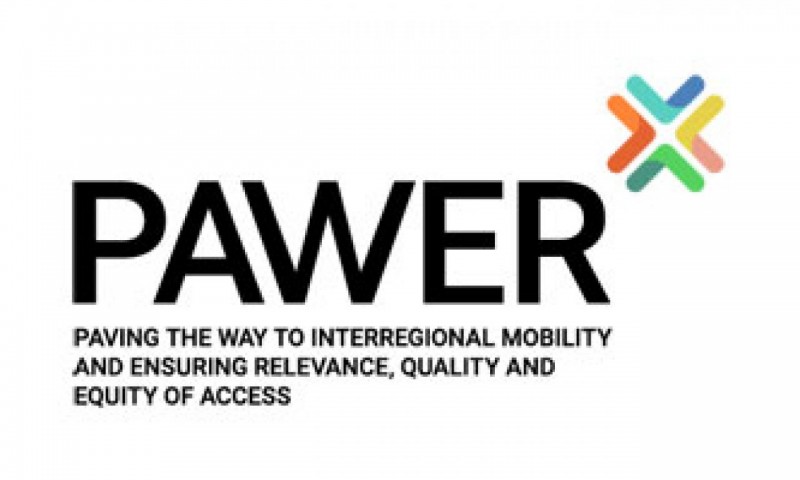
|
The aim of the project is to strengthen interregional integration and cooperation through the development of reliable common tools for strengthening the international dimension of higher education systems and their compatibility, between 4 regions and the European space of Higher Education; to support the modernization, accessibility and internationalization of 24 universities from 8 partner countries belonging to 4 different regions. |
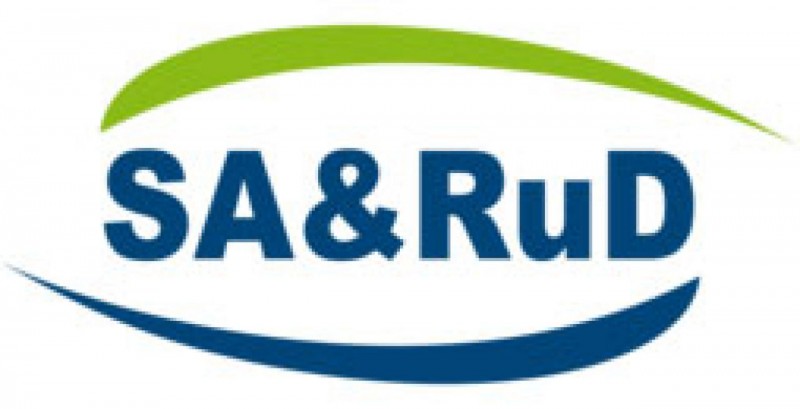 |
SARUD meets the need for knowledge-oriented education in the field of sustainable agriculture and rural development, as well as the need for the implementation, development of Sustainable Rural Development and integrated administrative programs.
|
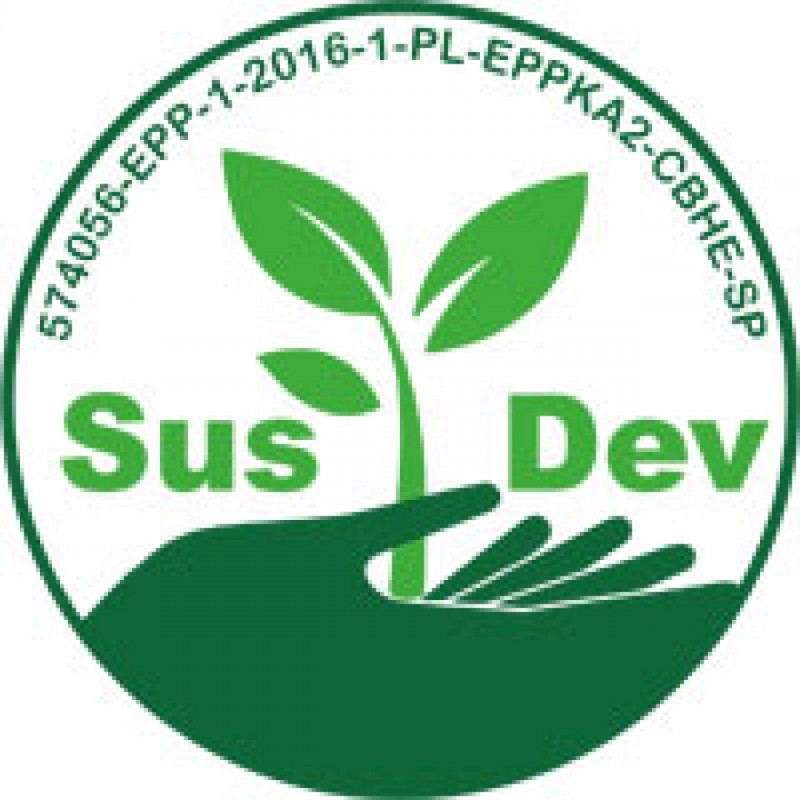 |
The project is aimed at developing a progressive educational program. This program promotes the development of greening of groups of different purposes and the improvement of three different areas closely related to the quality of life (ecology, nutrition science and Land Management).
|
 |
Development of the Bologna Process by including information literacy competencies in educational programs. Development of an information literacy program that can be included in the curriculum (bachelor/master/doctor, integrated into the system of three cycles), quality assurance and recognition of qualifications for the development of continuing education in society as a whole. |
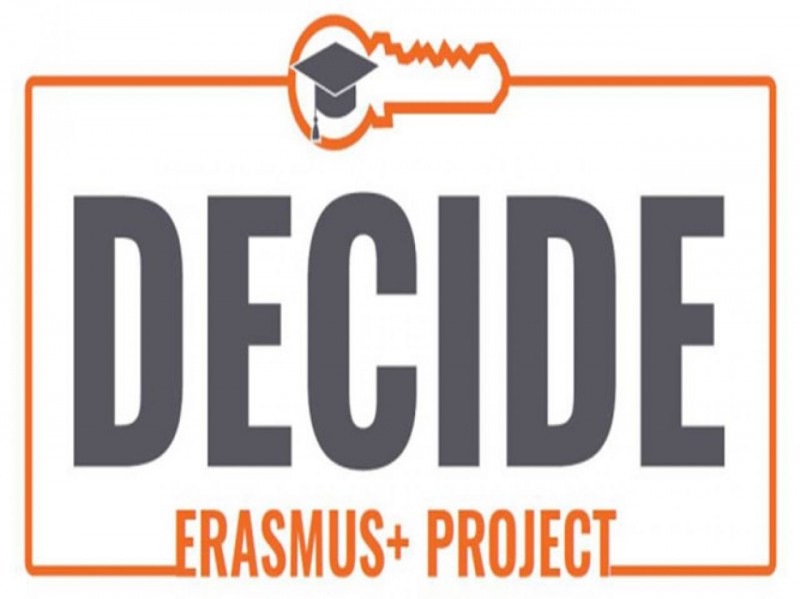 |
DECIDE aims to promote the right of people with special needs to receive education and participate in the daily life of society, the right to resist discrimination against people with special needs by developing understanding and acceptance in society in accordance with the Bologna Process and the UN Convention on the rights of Persons with disabilities. |








